Agriculture is the most important economic sector, identified by the Party and the State as a "national advantage" and a "pillar" of the economy. In agriculture, fertilizer is the input factor with the highest proportion, having a great influence on the quality, scale and efficiency of production activities. Building, perfecting, moving towards self-sufficiency, mastering the fertilizer production process, ensuring supply, meeting green and environmentally friendly standards are therefore prerequisites for sustainable agricultural development, contributing to ensuring food security and contributing more to the economy.
Agriculture accounts for about 13% of the country's GDP.
In recent years, in the context of unpredictable geopolitical and economic fluctuations in the world, creating many negative impacts, our country's agricultural sector has maintained stability, even impressive growth and development. Not only ensuring domestic demand, agriculture also contributes to balancing, even creating advantages in the import-export balance. In 2021, when the Covid-19 pandemic broke out, most industries and sectors of the economy fell into a "frozen" state, even regressed, the export turnover of the agricultural sector still met the set plan, reaching 42.5 billion USD, growing by 2.74% and contributing 23.54% to the overall growth of the economy. In 2022 and 2023, the export turnover of the agricultural sector even increased sharply, reaching over 53 billion USD, creating a large trade surplus, thereby contributing to maintaining the growth momentum of the economy. More impressively, in the past 9 months, according to data from the Ministry of Agriculture and Rural Development , the industry's exports have increased by 21%, reaching more than 46 billion USD, promising to set a new record in 2024.
The contribution of the agricultural sector to the overall economic picture of our country is extremely important, not only in the past, present but also in the near future. This is affirmed in Resolution No. 19-NQ/TW, dated June 24, 2022, of the 5th Central Conference, Session XIII, "On agriculture, farmers, and rural areas to 2030, with a vision to 2045" when agriculture is identified as a "national advantage", a "pillar of the economy".
Developing sustainable and effective agriculture is therefore a strategy and a foundation for us to carry out industrialization and modernization of the country, aiming at the goal of developing a strong and prosperous country. And this is also the reason why in recent times, public opinion has had many opinions on whether or not fertilizer should be included in the value added tax (VAT) category. Besides the majority of opinions agreeing and supporting, there are also a few opinions that are skeptical and concerned about the effectiveness and benefits that VAT can bring to farmers, to the agricultural sector and, further, to the problem of ensuring food security for the country.
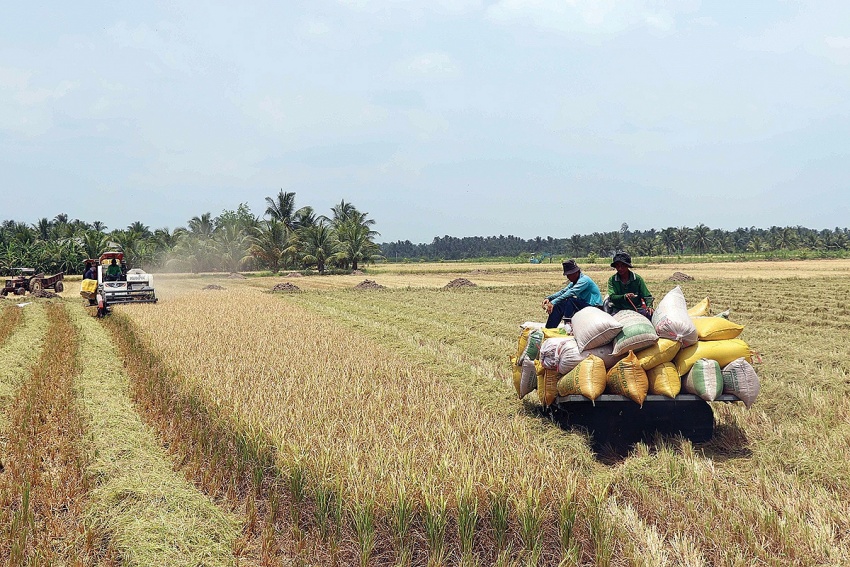
Farmers in Thanh My commune (Chau Thanh, Tra Vinh) harvest the 2023-2024 Winter-Spring rice crop (photo: Thanh Hoa - VNA)
So how should this story be viewed and approached?
Back in 2014, when the National Assembly passed and promulgated Law No. 71/2014/QH13 (Tax Law 71) amending and supplementing a number of articles of tax laws, including regulations adjusting fertilizer products from being subject to VAT to being not subject to VAT. This change was expected to help reduce the cost of fertilizer production, thereby supporting farmers to reduce investment costs, reduce product prices, create competitive advantages and create greater surplus values in agricultural production activities when fertilizers account for 30-60% of the input value of agricultural materials. However, the reality did not happen like that. The removal of fertilizers from the list of goods subject to VAT has revealed many shortcomings and led to a series of consequences, negatively affecting the country's agricultural production activities.
First is the story of price. Because it is not subject to VAT, all input VAT of raw materials, services, machinery, etc. used in the fertilizer production process cannot be deducted, and businesses are forced to account for it in costs and include it in product prices. Therefore, not imposing taxes, instead of reducing product prices and supporting farmers and promoting agriculture as initially expected, causes domestic fertilizer prices to increase, directly affecting farmers and reducing/losing the competitiveness of agricultural products.
Next is the issue of sustainable development and the problem of ensuring food security. The increase in the price of domestically produced fertilizers due to the pressure of input costs when VAT is not applied has lost the competitive advantage with imported products when imported fertilizers are not subject to VAT (in countries, according to the export promotion policy, the applied fertilizer export tax rate is mostly 0% and fertilizer products are fully deducted from input VAT). Therefore, domestic manufacturing enterprises will find it very difficult, if not impossible, to accumulate to reinvest, promote research, apply science and technology to optimize the production process, expand scale, increase product competitiveness, create new products with better quality, environmentally friendly..., even forced to narrow down production, accept losing the market, affecting the jobs and income of workers.
This situation, if prolonged, will gradually eliminate the resources of domestic manufacturing enterprises, creating dependence on imported products. Along with that is the trade deficit, reduced foreign currency revenue and a major impact on the export-import trade balance of the economy, as well as the failure to implement the Party and State's policy on investment and development of deep processing of resources and minerals to bring higher value benefits to the country.
Looking further, it is also a story of ensuring food security and sustainable development of the agricultural sector. In the context of globalization, economic integration taking place more and more strongly, the protectionist trend is increasing in countries, the lack of self-control of strategic goods, input materials for other production activities, such as fertilizer, can bring great risks to the economy. Let's ask, when the supply chain of imported fertilizers is broken, when the market fluctuates and we do not have or cannot self-control the supply of fertilizers, the State does not have the tools to regulate and stabilize, where will the country's agricultural production go?
In addition, the increase in domestic fertilizer prices also leads to fake fertilizers, smuggled fertilizers, and poor quality fertilizers... This also creates very negative impacts, distorting the domestic fertilizer market when domestic production enterprises are forced to find export markets (the tax rate for exported fertilizers is 0% and input VAT is still deductible) and negatively affects agricultural production activities.
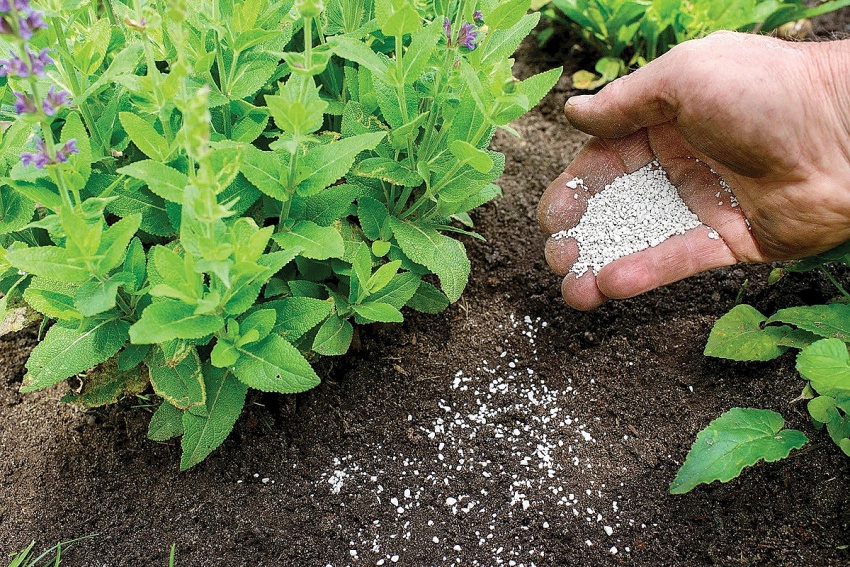
From the business perspective, it is clear that investing in the fertilizer sector will certainly be less attractive, especially for projects using modern technology and equipment to produce advanced, environmentally friendly products. The investment efficiency of fertilizer factories is also not guaranteed, with the risk of loss and bankruptcy...
From the above analysis, it can be seen that not imposing VAT on fertilizers is leading to significant risks and dangers for agricultural production, farmers and the economy itself. This therefore raises the question: What if fertilizers are subject to VAT?
The imposition of VAT on fertilizers is completely consistent with market rules, ensuring fair competition between domestically produced fertilizers and imported fertilizers.
Most obviously, enterprises using domestic raw materials will have more resources to improve their competitiveness with imported fertilizer products through reducing product costs, one of the key factors in competing and dominating the market for all enterprises. Calculations show that if tax is imposed, fertilizer prices will certainly decrease because input VAT is deducted (the cost of raw materials, machinery, services, etc. serving domestic fertilizer production currently accounts for about 60% of product costs and these factors are subject to VAT at a rate of 5-10%). However, for enterprises producing entirely from imported raw materials that are not subject to VAT in both the exporting country and Vietnam, this will be the opposite, imposing tax will cause fertilizer prices to increase. In this situation, as the above approach, applying VAT will bring more overall and long-term benefits to the economy and farmers when we can be self-sufficient in fertilizer supply, minimize risk factors and market fluctuations; at the same time, promote the development and effective exploitation of domestic resources and raw materials, thereby indirectly contributing to the State budget.
Furthermore, the imposition of VAT on fertilizers is completely consistent with market rules, ensuring fair competition between domestically produced fertilizers and imported fertilizers, because as mentioned above, most countries with fertilizer production activities are applying preferential export policies and applying VAT on this product. This is also a condition for enterprises to have more investment resources, improve production lines, promote research activities, apply science and technology, etc., thereby optimizing the production process, creating new products with better quality, environmentally friendly as well as continuing to reduce product prices.
And importantly, when domestic fertilizer production develops, supply is guaranteed, quality and efficiency are increasingly improved, meeting the requirements of green growth and clean growth better and better, which is the basis and foundation for the agricultural sector to best promote its potential and advantages, bringing greater values to the country.
That said, the application or non-application of VAT on fertilizers needs to be evaluated and analyzed based on the overall benefits on the principle of sustainability, long-term and there must be sharing between the State, farmers and enterprises. Only then can Vietnamese agriculture develop sustainably, food security be ensured and farmers' lives gradually improve!
When domestic fertilizer production develops, supply is guaranteed, quality and efficiency are increasingly improved, meeting green growth requirements will be the foundation for the agricultural sector to best promote its potential, bringing greater values to the country.
Why will the price of fertilizers decrease when VAT is applied compared to non-taxable ones? According to the current Tax Law 71, although fertilizers are said to be non-taxable, in fact, the selling price of fertilizer products includes input VAT (usually at a tax rate of 10%) that fertilizer producing enterprises must pay to the State. The reason for this tax is because enterprises pay in advance to the State and collect it from farmers when selling products, and in the end, farmers themselves have to bear this tax. If they switch to VAT, the input tax will be refunded to enterprises by the State, and the State will collect output tax from farmers. At this time, farmers pay tax when buying fertilizer products, which means they actually pay less tax than when fertilizers are not subject to VAT. Therefore, when VAT on fertilizers is applied at the rate prescribed by law, the price of fertilizers to farmers will decrease due to less tax, and farmers themselves will benefit.
Thanh Ngoc


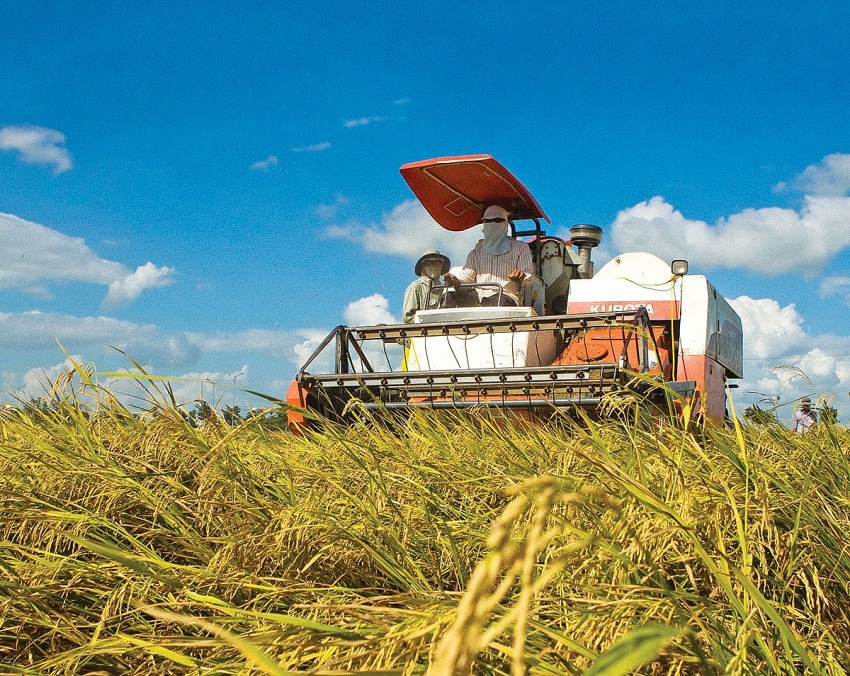
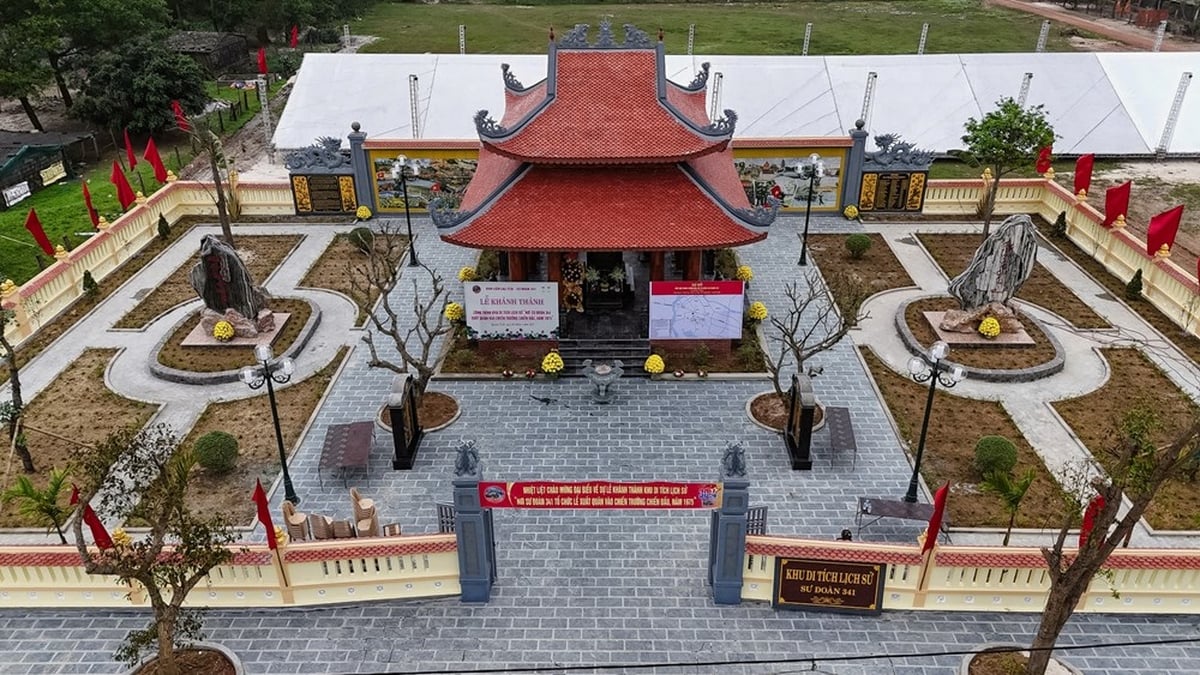
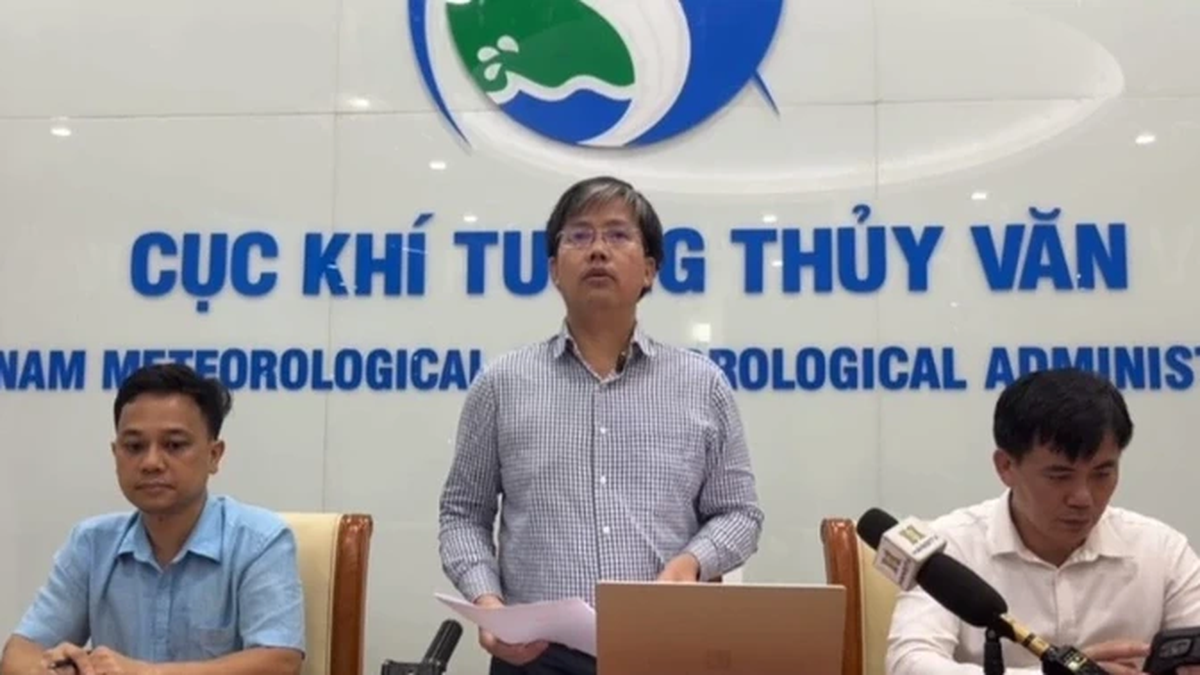
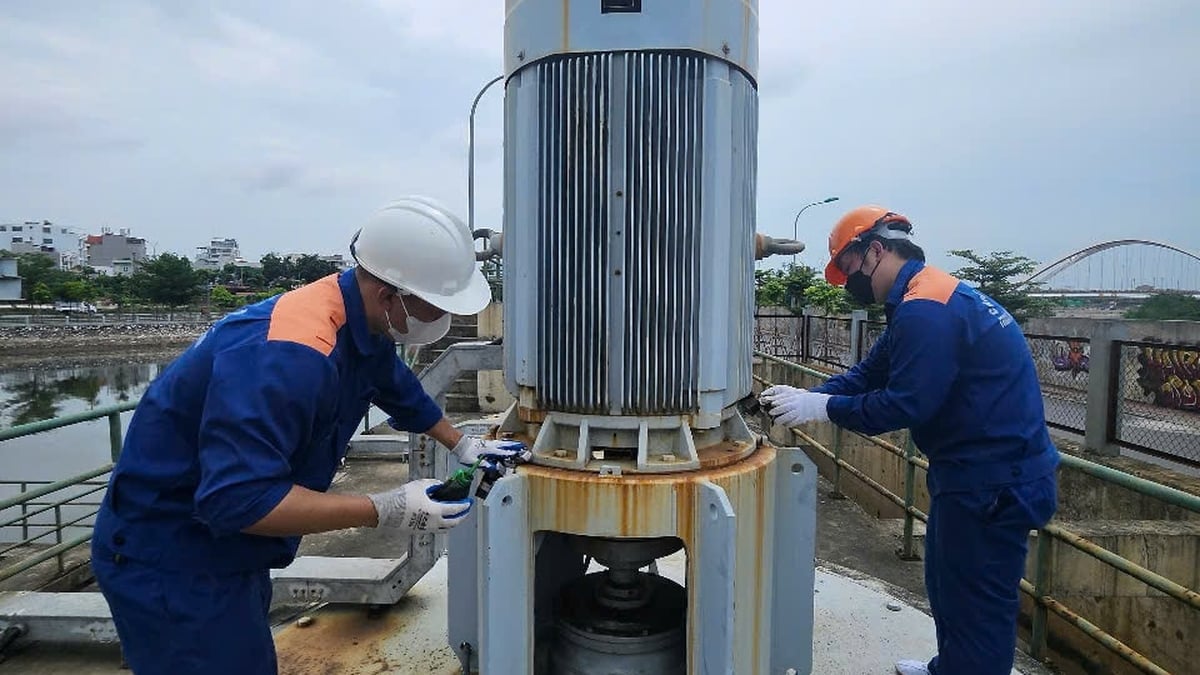


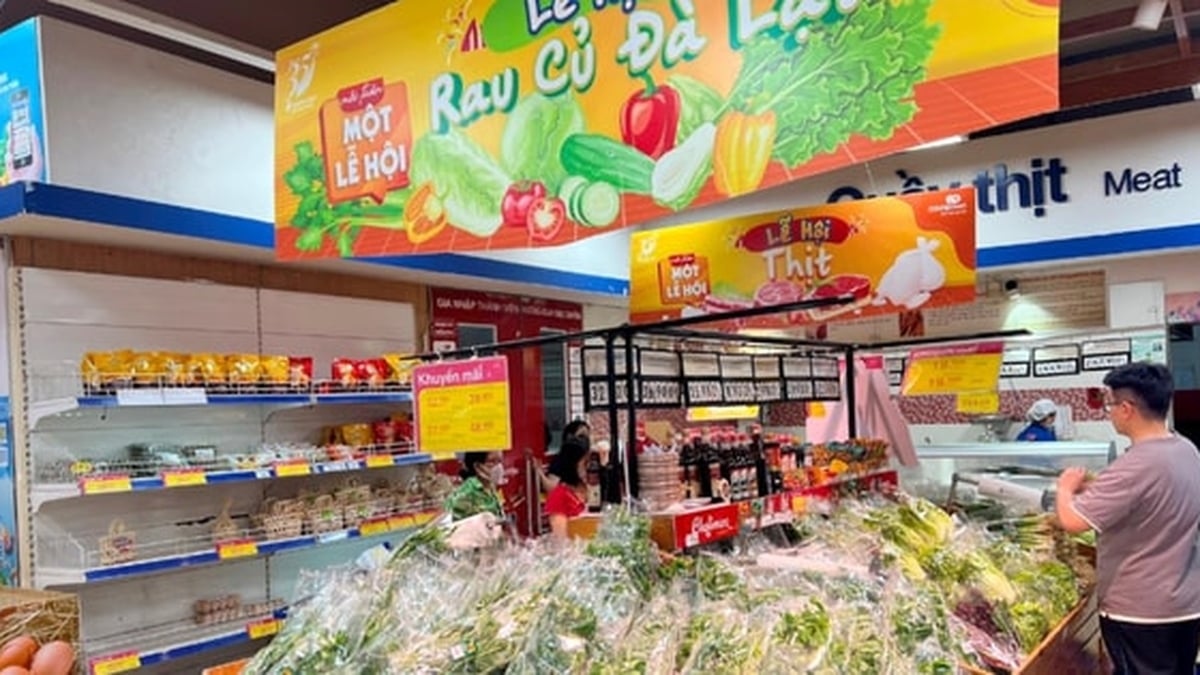
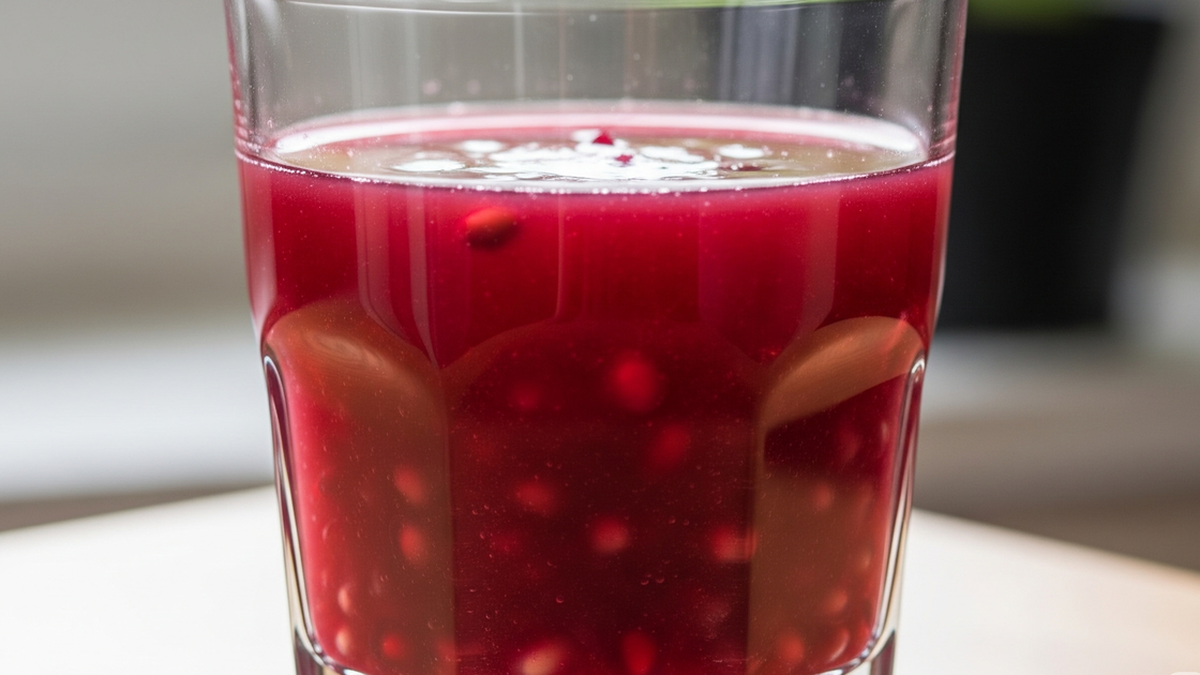
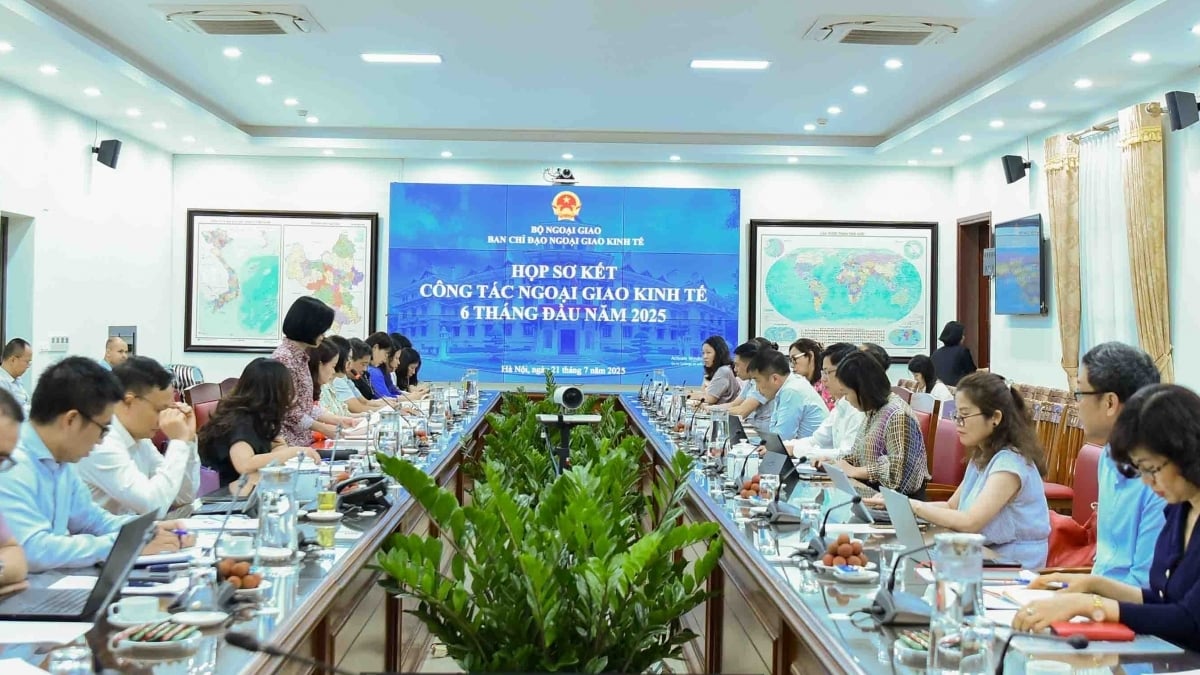














![[Photo] National Assembly Chairman Tran Thanh Man visits Vietnamese Heroic Mother Ta Thi Tran](https://vphoto.vietnam.vn/thumb/1200x675/vietnam/resource/IMAGE/2025/7/20/765c0bd057dd44ad83ab89fe0255b783)













































































Comment (0)